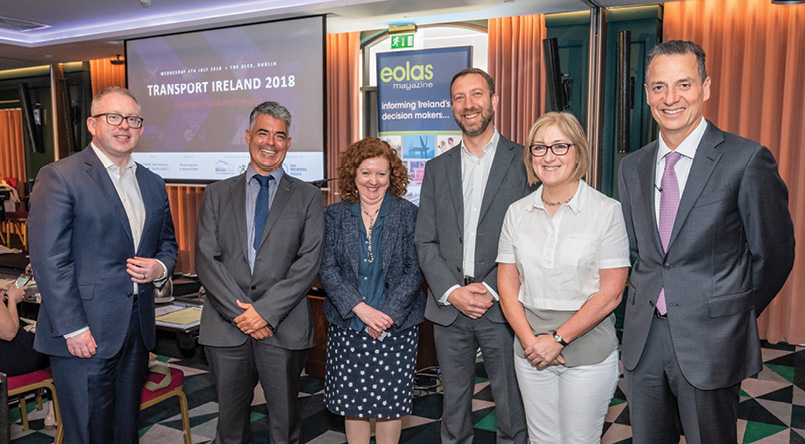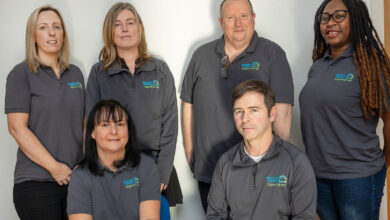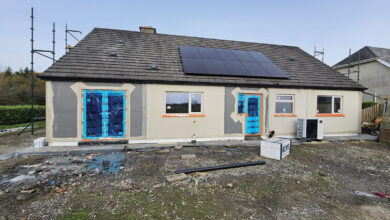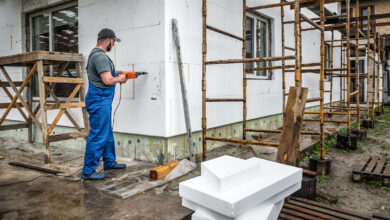Transport Ireland 2018

01 Speakers: Graham Doyle, Department of Transport, Tourism and Sport; Ian O’Flynn, Gas Networks Ireland; Linda McCord, Transport Focus UK; Simon Warburton, Transport for Greater Manchester; Moyagh Murdock, Road Safety Authority; and Dalton Philips, daa.
02 Keynote speaker: Jarrett Walker.
03 Derek Tierney, Department of Transport, Tourism and Sport with Barry Keegan, Payzone Ireland.
04 Ruth Likely, KPMG with Julia Ann Corkery, EY.
05 Delegates visit Nancy Costello at the Ordnance Survey Ireland exhibition stand.
06 Celine Daly, RPS with Lisa Bowden and Thomas McDermott, Mace Ltd.
07 Tim Weir, Department for Infrastructure with Rodger O’Connor, Gas Networks Ireland and Faye Carroll, Department of Transport, Tourism and Sport.
08 Laura Burke, Environmental Protection Agency with Christy O’Sullivan, ILTP Limited.
09 Florence Loric, Arthur Cox with David Joyce, Transdev Plc.
10 Christopher Manzira, Dublin City Council with Natalie Flynn, Irish City Link.
11 Panel Discussion: Michael Nolan, Transport Infrastructure Ireland; Dónal Keating, Dublin Bus; Tim Gaston, National Transport Authority and Don Cunningham, Irish Rail.





